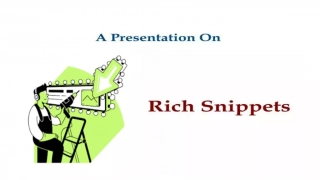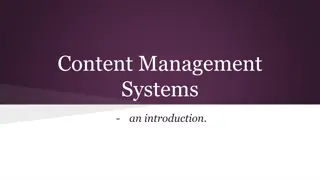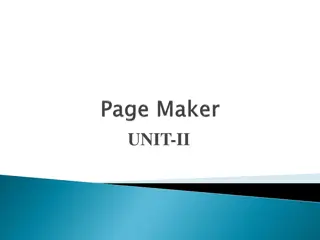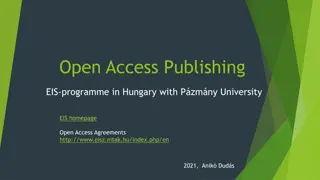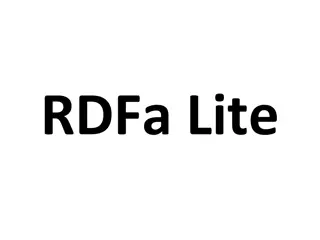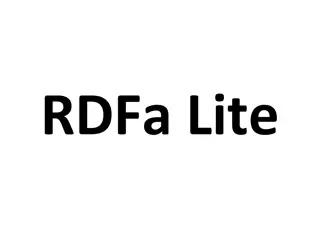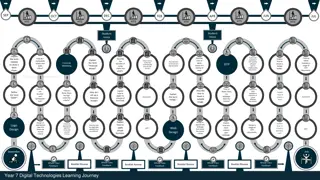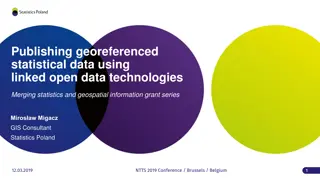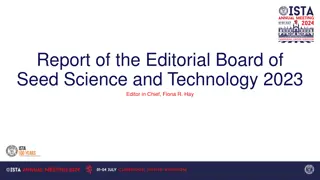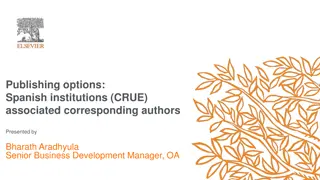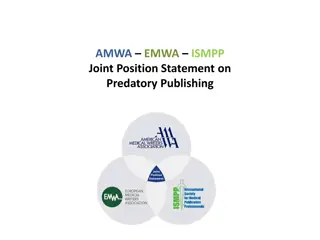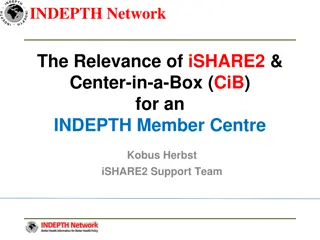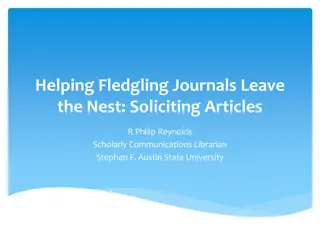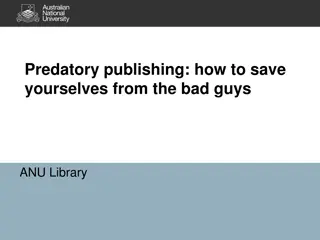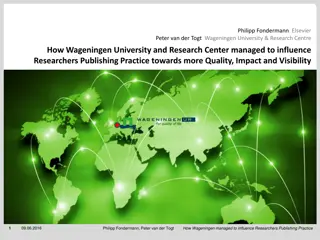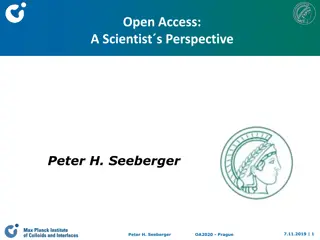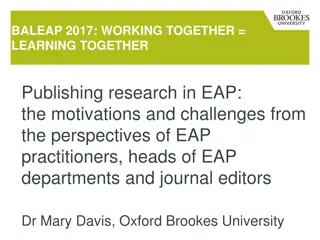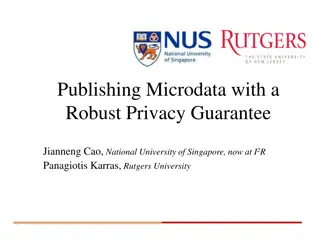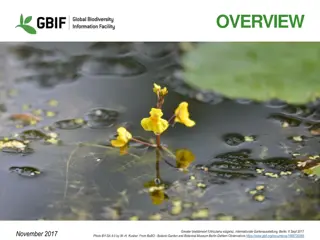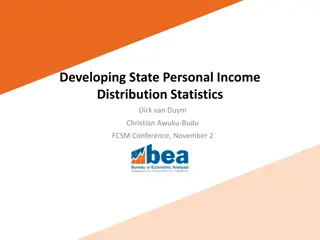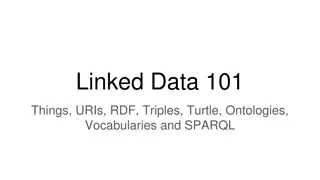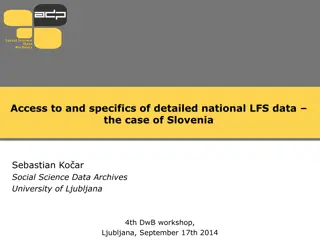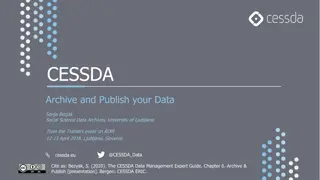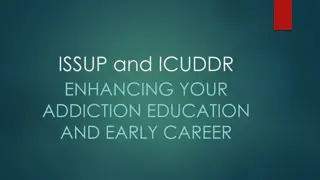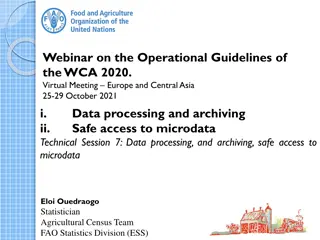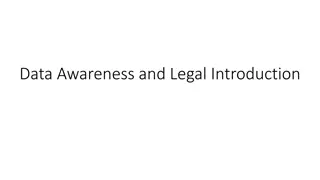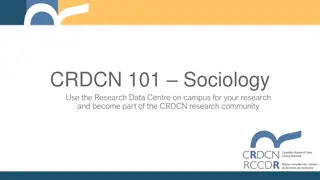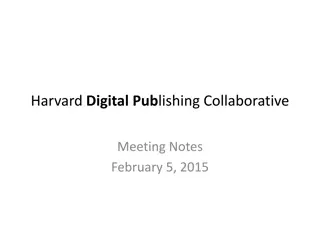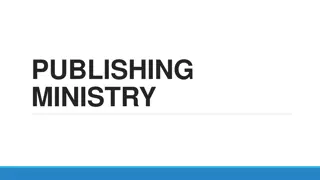Stand Out in Search: The Art of Rich Snippet Optimization
\nRich snippets are enhanced search results that provide additional information beyond traditional titles and meta descriptions. Achieved through structured data markup, such as JSON-LD or Microdata, rich snippets offer a more detailed preview of webpage content in search engine results. Examples in
1 views • 8 slides
Mastering Kobo Self-Publishing_ Proven Tips for Success in Publishing
\"Mastering Kobo Self-Publishing: Proven Tips for Success in Publishing\
1 views • 3 slides
The Journey of Publishing a Thesis: A Student's Perspective
Embark on the journey of publishing a thesis through the eyes of a student. From developing hypotheses to submitting to journals, facing rejections, and embracing feedback, learn about the emotional rollercoaster of academic publishing and the growth it brings. Through persistence and resilience, ev
0 views • 14 slides
Streamlined Process for Author Publishing Options Selection
Streamlining the author journey by offering a simplified process for selecting publishing options. Corresponding authors receive personalized emails to complete their author journey, select affiliations, and determine publishing preferences. Incorporating funders' details when necessary and facilita
0 views • 12 slides
Understanding Content Management Systems
Content Management Systems (CMS) are computer applications that enable easy publishing, editing, and management of content on websites. They help in organizing, maintaining, and updating content efficiently from a centralized interface. With features like web-based publishing, revision control, and
4 views • 10 slides
Insights into Open Access Publishing Agreements at Gdansk University of Technology Library
Delve into the detailed workflows and criteria surrounding Open Access publishing agreements at the Gdansk University of Technology Library, including transformative agreements, subscription criteria assessment, open access criteria assessment, and eligibility workflows for authors and articles. Exp
0 views • 11 slides
Introduction to Adobe PageMaker 7.0 - Desktop Publishing Software
Adobe PageMaker, introduced in 1985, revolutionized desktop publishing with its graphical user interface. This program, along with the Apple Macintosh and LaserWriter printer, marked the start of the desktop publishing era. PageMaker offered features like Title Bar, Menu Bar, Ruler, Master Page, Pag
0 views • 24 slides
Data Room at Banco de Mexico: Enhancing Data Sharing for Economic Research
Banco de Mexico has been gathering granular data on financial transactions since the mid-1990s to monitor compliance, risks, and economic interactions. The creation of a Data Room allows for efficient and secure data sharing, contributing to economic research and analysis. The Economic Microdata Lab
3 views • 12 slides
Introduction to Adobe PageMaker: Desktop Publishing and Design
Adobe PageMaker, the pioneering desktop publishing software, revolutionized document creation on the Apple Macintosh in 1985. From Aldus to Adobe, various versions enhanced features and usability, allowing users to create professional business documents with ease. Explore the evolution, features, an
0 views • 7 slides
Open Access Publishing and EIS Programme at Pázmány University: Empowering Research and Scholarly Communication
Discover the advantages of Open Access (OA) publishing and how researchers benefit from immediate accessibility, increased discoverability, and global readership. Learn about the EIS Programme at Pázmány University, a member institution dedicated to providing essential electronic resources for hig
0 views • 12 slides
Understanding RDFa Lite: A Simplified Approach to Structured Data Markup
RDFa 1.1 Lite is a subset of RDFa 1.1 that simplifies structured data markup by employing attributes like vocab, typeof, property, resource, and prefix. It works seamlessly with schema.org terms, enabling easy integration of structured data into web content. The comparison of RDFa Lite with Microdat
2 views • 7 slides
Understanding RDFa Lite: A Simplified Approach to Structured Data
RDFa 1.1 Lite is a subset of RDFa 1.1 with five simple attributes: vocab, typeof, property, resource, and prefix. It is fully compatible with RDFa 1.1 and works well with schema.org terms. This structured data format provides a straightforward method for adding context to web content, allowing for i
2 views • 7 slides
Digital Design and Publishing Techniques for Success
Explore tools for drawing shapes, learn about DTP software and document creation, discover various color application methods, evaluate DTP documents, manipulate shapes and text, create effective documents, apply charts/graphs, design folded leaflets, understand financial models, justify pricing stra
0 views • 5 slides
Development of Guidelines for Publishing Georeferenced Statistical Data Using Linked Open Data Technologies
Development of guidelines for publishing statistical data as linked open data, merging statistics and geospatial information, with a primary focus on preparing a background for LOD implementation in official statistics. The project aims to identify data sources, harmonize statistical units, transfor
2 views • 31 slides
Challenges and Innovations in Seed Science Publishing
Seed Science and Technology (SST) is an international journal focusing on seed quality and physiology. The journal, established in 1973, covers various aspects of seed production, testing, storage, and genetic conservation. Special issues like the 50th volume celebrate advancements in seed viability
0 views • 9 slides
Special Presentations on 60 Years of New Delhi World Book Fair
National Book Trust (NBT) was established in 1957 by the Government of India to promote book reading culture. The organization's major objectives include publishing in Indian languages, book promotion, and supporting the Indian publishing industry. NBT has been showcasing its work through exhibition
0 views • 6 slides
Spanish Institutions Publishing Options Overview
Understand the eligibility criteria and benefits for Spanish institutions under the agreement with Elsevier. Learn how corresponding authors affiliated with Spanish institutions can avail discounts and APC coverage, and the role of institutional librarians in the OA platform. The process from articl
0 views • 17 slides
Addressing Predatory Publishing Practices in Medical Research
Exploring the detrimental impact of predatory publishing on scientific integrity, the joint position statement by AMWA, EMWA, and ISMPP highlights the unethical practices of predatory journals. Characteristics, such as misleading metrics and questionable editorial boards, are discussed, emphasizing
0 views • 8 slides
Enhancing Data Management in INDEPTH Network with iSHARE2 & CiB
INDEPTH Network emphasizes the importance of iSHARE2 & CiB to enhance data sharing and management among member centers. iSHARE2 aims to streamline data provision in a standardized manner, while CiB provides a comprehensive data management solution. The objectives of iSHARE2 include facilitating data
0 views • 17 slides
The Politics of Radical Open Access Publishing: A Genealogical Exploration
Exploring the intersections of radical open access publishing, secrecy, authorship, dissemination, and experimentation through a genealogical lens. Key figures like Janneke Adema and Gary Hall are discussed, along with the political nature of books. The importance of openness and conversation in int
0 views • 20 slides
Strategies for Soliciting Articles in Scholarly Publishing
Scholarly publishing entails soliciting articles effectively to nurture fledgling journals. This involves utilizing diverse methods such as sending questionnaires, posting flyers, and leveraging traditional publisher services. Editors play a vital role in initiating the process early and engaging mu
0 views • 16 slides
Safeguarding Against Predatory Publishing Practices
Predatory publishing exploits authors through counterfeit journals, lacking transparency and integrity. Researchers must prioritize reputation, visibility, quality recognition, and peer review in academic publishing. Stay vigilant using tools like Incites and Beall's list, and adhere to ethical guid
0 views • 14 slides
Enhancing Researcher Publishing Practice at Wageningen University & Research Center
Explore how Wageningen University & Research Center implemented quality management strategies to influence researchers' publishing practices, leading to improved quality, impact, and visibility. Learn about their rise in rankings, utilization of KPIs for research, and the importance of defining and
0 views • 18 slides
Insights into Editorial Responsibilities and Avoiding Desk Rejection in Academic Publishing
Editors play a crucial role in setting the tone of academic discourse, enforcing ethical standards, and advancing technical standards in publishing. Avoiding desk rejection in academic publishing can significantly impact the acceptance of a paper, with an emphasis on the importance of writing qualit
0 views • 32 slides
Revolutionizing Data Dissemination: A Scientist's Perspective on Open Access and Technology
Scientist Peter H. Seeberger discusses the importance of open access in publishing for dissemination of research results, receiving feedback, and establishing a record for promotions. He delves into the advantages of open access over subscription models, the impact of technology on data disseminatio
0 views • 6 slides
Insights into Research Publishing in EAP Community
Delve into the motivations and challenges faced by EAP practitioners, heads of EAP departments, and journal editors when it comes to publishing research. Explore the impact of engaging in research on classroom teaching practices, the significance of writing in EAP, and the credibility and authority
0 views • 29 slides
Ensuring Privacy in Microdata Publishing
This research explores various privacy protection techniques for publishing microdata, focusing on k-anonymity, l-diversity, t-closeness, and EMD models. It discusses the challenges and limitations of each method, highlighting the need for robust privacy guarantees in the handling of sensitive infor
0 views • 20 slides
Insights into GBIF: Data Publishing and Web Traffic Analysis
Explore an overview of GBIF activities, including occurrence records, participants, web traffic data, and latest news updates such as Tanya Abrahamse being elected chair of the GBIF Governing Board. Dive into species occurrence records, web traffic statistics, and data publishing insights by country
0 views • 15 slides
Developing State Personal Income Distribution Statistics
This project aims to create a distributional account for State Personal Income, allowing for the analysis of inequality by state and over time. Using various data sources such as BEA aggregates and IRS statistics, the distributional model provides insights into state-level income inequality. Census
0 views • 17 slides
Open Access at Charles University: Opportunities and Challenges
Charles University is navigating the landscape of open access following the implementation of the Czech National Open Access Strategy. The university is working towards making all research articles and proceeding papers open access, monitoring article processing charges, and promoting open access as
0 views • 24 slides
Understanding Linked Data: Basics to Publishing and Beyond
Delve into the world of Linked Data with topics ranging from its fundamental principles like URIs, RDF, and Triples to practical aspects like publishing data using standard web technologies such as HTTP. Explore the essence of RDF graphs, the significance of naming things with URLs, and ways to prov
0 views • 26 slides
Mastering Conclusions in English Publishing Research
Conclusions in English publishing research play a crucial role in offering a final insight, emphasizing the significance of your paper, drawing conclusions from results, and potentially leading to broader discussions. Avoid repeating content, focus on coherence, echo your introduction, and pose thou
0 views • 14 slides
Detailed National LFS Data Access in Slovenia
Explore the process of accessing detailed national LFS microdata in Slovenia, differences between EU-LFS and Slovenian LFS (ADS survey), availability for different user types, preparation steps, distribution methods, and future plans discussed at the 4th DwB Workshop in Ljubljana, 2014.
0 views • 14 slides
Effective Data Archiving and Publishing Strategies for Researchers
Properly archiving and publishing research data is essential for maximizing its utility across time. This presentation covers reasons for archiving and publishing, data publication routes, domain-specific repositories, CESSDA archiving, and strategies for promoting data publication.
0 views • 27 slides
Enhancing Your Addiction Education and Early Career: Tips for Publishing Addiction Science Research
Challenges and tips for publishing addiction science research in high-impact journals, the importance of publishing scientific work, what editors look for, key steps before submitting, and common reasons for rejection at triage are discussed in this informative content.
1 views • 10 slides
Best Practices in Data Processing and Archiving for Agricultural Census
Explore the operational guidelines from the WCA 2020 Virtual Meeting focusing on data processing, archiving, and safe access to microdata. Learn about hardware and software requirements, data processing activities, good practices for data integrity, and ensuring safe access to microdata for agricult
0 views • 30 slides
Understanding Data Awareness and Legal Considerations
This module delves into various types of data, the sensitivity of different data types, data access, legal aspects, and data classification. Explore aggregate data, microdata, methods of data collection, identifiable, pseudonymised, and anonymised data. Learn to differentiate between individual heal
0 views • 13 slides
Exploring CRDCN: Accessing Unique Data for Research
The Canadian Research Data Centre Network (CRDCN) offers researchers access to Statistics Canada microdata and a variety of other datasets through Research Data Centres (RDCs) across 33 campuses. Data accessed via the RDC is secure and protected, allowing for in-depth analysis while ensuring confide
0 views • 7 slides
Harvard Digital Publishing Collaborative Meeting Summary
The Harvard Digital Publishing Collaborative is a community dedicated to digital publishing, focusing on content creation, production, security, and delivery. The group explores tools, platforms, workflows, security models, and delivery channels. The recent meeting discussed production and distribut
0 views • 5 slides
Seventh-day Adventist Publishing Ministry: Proclaiming the Everlasting Gospel
The Seventh-day Adventist Publishing Ministry serves as a beacon of hope, spreading the everlasting gospel through print media to all corners of the earth. Rooted in biblical prophecy and the testimony of Jesus Christ, this ministry is dedicated to uplifting individuals both physically and spiritual
0 views • 44 slides
